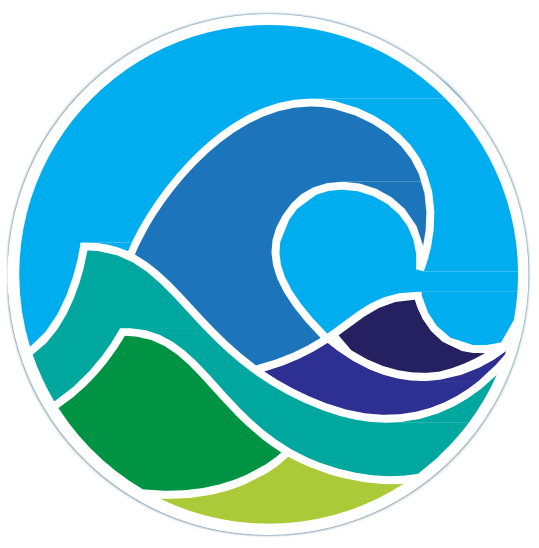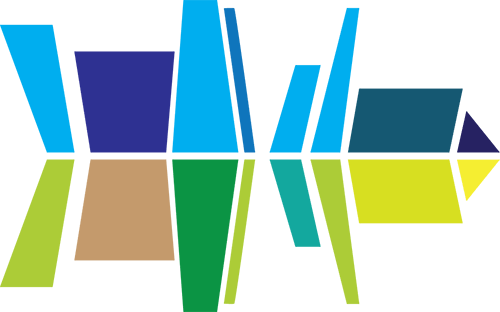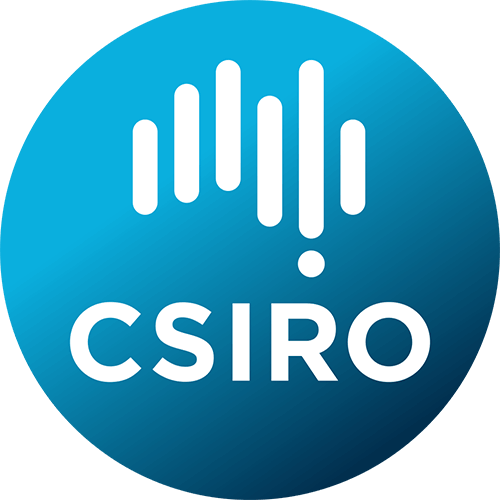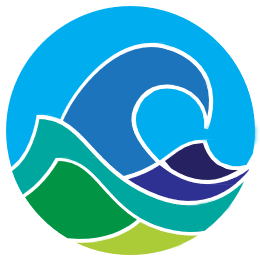Contact Us
#futureseas2030

4. Connected to the oceans
Supporting ocean literacy and public engagement
Summary
Improved public understanding of the ocean and the importance of sustainable ocean use,
or ocean literacy, is essential for achieving global commitments to sustainable development by 2030 and beyond. However, growing human populations (particularly in mega-cities), urbanisation and socioeconomic disparity threaten opportunities for people to engage and connect directly with ocean environments. Thus, a major challenge in engaging the whole of society in achieving ocean sustainability by 2030 is to develop strategies to improve societal connections to the ocean. The concept of ocean literacy reflects public understanding of the ocean, but is also an indication of connections to, and attitudes and behaviours towards, the ocean. Improving and progressing global ocean literacy has potential to catalyse the behaviour changes necessary for achieving a sustainable future. As part of the Future Seas project (https://futureseas2030.org/), this paper aims to synthesise knowledge and perspectives on ocean literacy from a range of disciplines, including but not exclusive to marine biology, socio-ecology, philosophy, technology, psychology, oceanography and human health. Using examples from the literature, we outline the potential for positive change towards a sustainable future based on knowledge that already exists. We focus on four drivers that can influence and improve ocean literacy and societal connections to the ocean: (1) education, (2) cultural connections, (3) technological developments, and (4) knowledge exchange and science-policy interconnections. We explore how each driver plays a role in improving perceptions of the ocean to engender more widespread societal support for effective ocean management and conservation. In doing so, we develop an ocean literacy toolkit, a practical resource for enhancing ocean connections across a broad range of contexts worldwide.
Credit for infographic: Stacey McCormack
Infographic
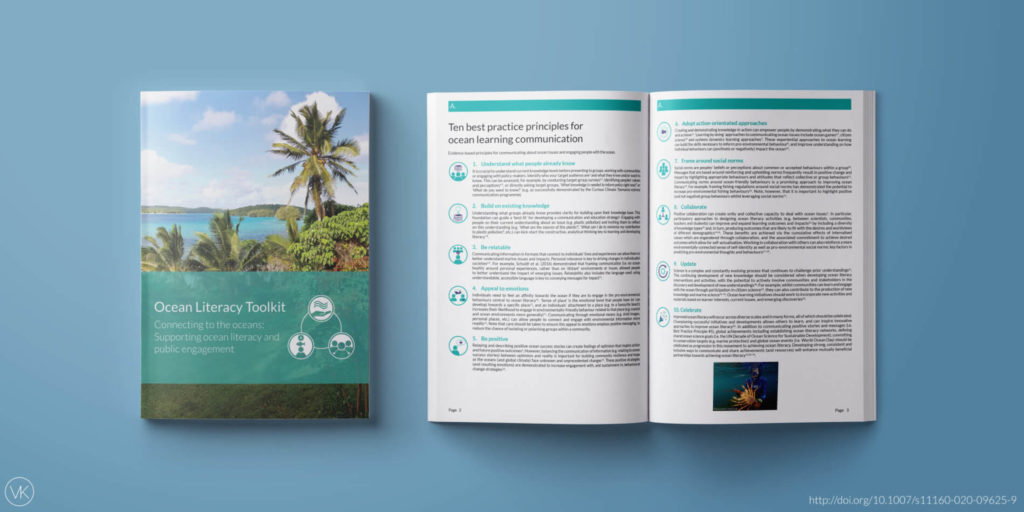
Lead Investigators
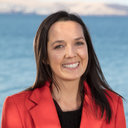
Rachel Kelly
CMS
Anchor
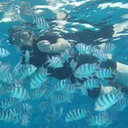
Dr Karen Evans
CSIRO Oceans and Atmosphere
Co-Authors
Meet our fellow team members who contribute to the success of this project.

Amelie Meyer
ARC Centre of Excellence for Climate Extremes / Institute for Marine and Antarctic Studies

Chris Cvitanovic
Australian National Centre for the Public Awareness of Science, Australian National University / CMS

Coco Cullen-Knox
School of Creative Arts and Media, University of Tasmania / CMS

Gretta Pecl
Institute for Marine and Antarctic Studies / CMS

Jenn Scott
School of Psychology, University of Tasmania
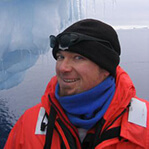
Jonny Stark
Australian Antarctic Division

Karen Alexander
Institute for Marine and Antarctic Studies / CMS

Kimberley Norris
School of Psychological Sciences, University of Tasmania
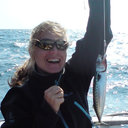
Kirsty Nash
Institute for Marine and Antarctic Studies / CMS
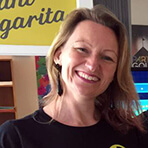
Kristy de Salas
University of Tasmania, Discipline of ICT

Linda Murray
Massey University
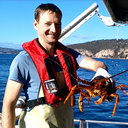
Michael Oellermann
Institute for Marine and Antarctic Studies

G. Reza Emad
Australian Maritime College, University of Tasmania

Scott Ling
Institute for Marine and Antarctic Studies, University of Tasmania

Stuart Corney
Institute for Marine and Antarctic Studies / CMS

Silvana Bettiol
University of Tasmania, Medical Science
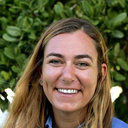
Sierra Ison
Institute for Marine and Antarctic Studies / CMS
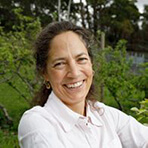
Carolina Garcia
Institute for Marine and Antarctic Studies / CMS

Catriona MacLeod
Institute for Marine and Antarctic Studies / CMS

Michael Murunga
Institute for Marine and Antarctic Studies / CMS

Liam Fullbrook
Institute for Marine and Antarctic Studies, University of Tasmania / CMS / PandIR UTAS

Graham Wood
School of Humanities, UTAS / CMS
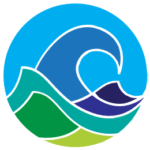
future seas
FUTURE SEAS is a unique collaboration , spear-headed by the Centre for Marine Socioecology, of over 100 researchers from the University of Tasmania (UTAS), the Commonwealth Scientific and Industrial Research Organisation (CSIRO) and other institutions
Contact UsOther Links
Project flyerPartners
Copyright 2025 Future Seas.
